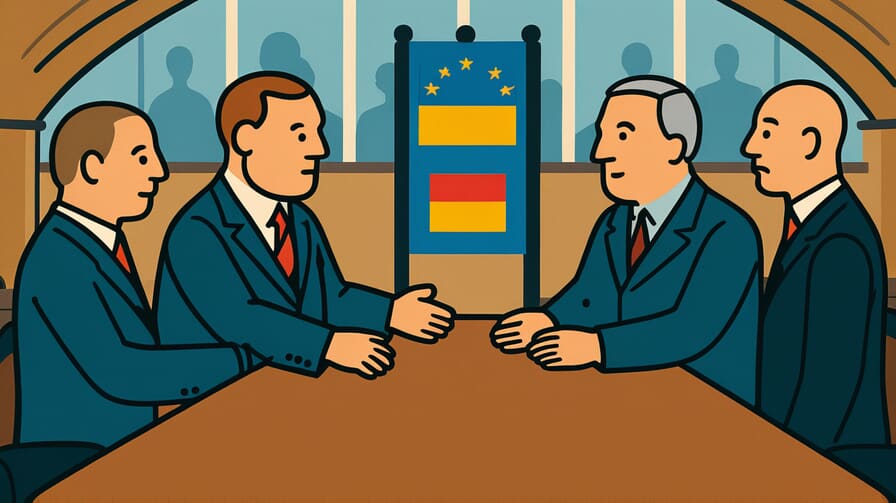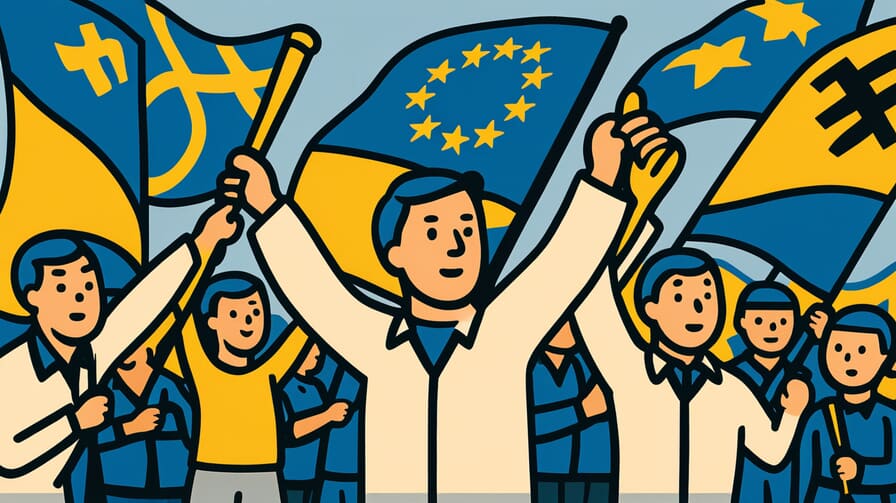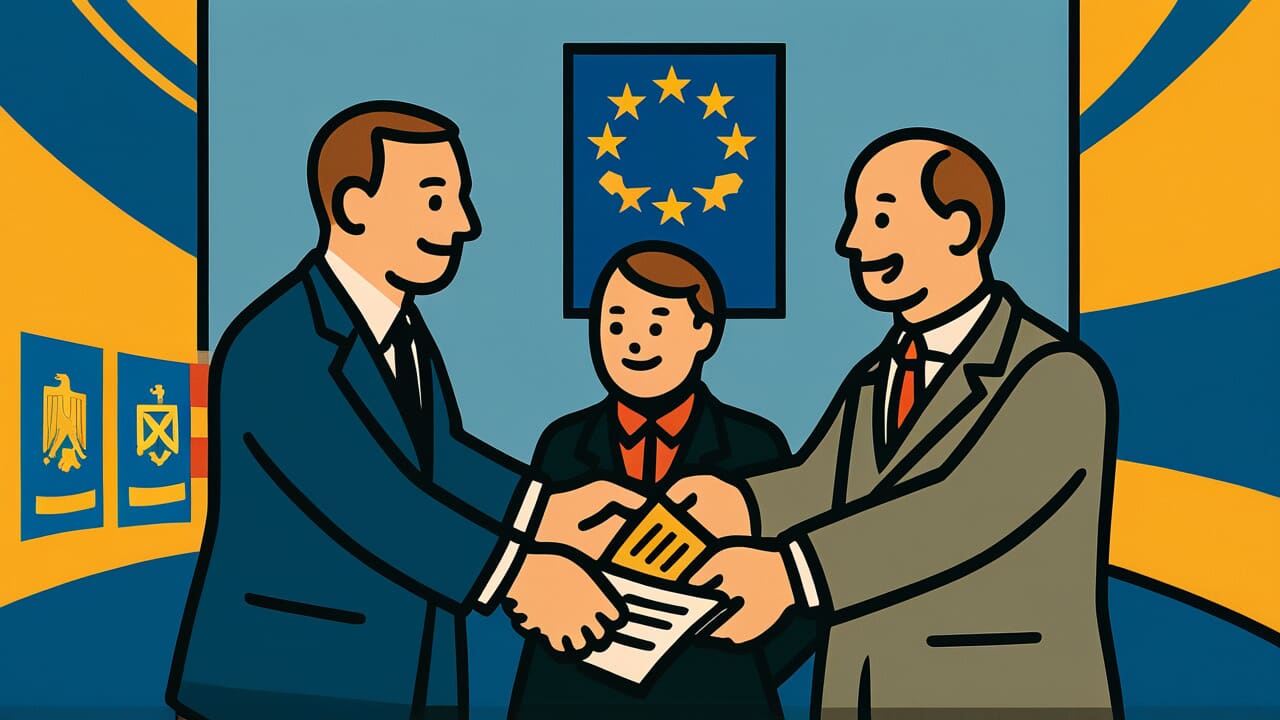[Disclaimer] This article is reconstructed based on information from external sources. Please verify the original source before referring to this content.
News Summary
The following content was published online. A translated summary is presented below. See the source for details.
Germany maintains its robust support for Ukraine in 2025, with aid commitments reaching approximately €9 billion in military and civilian assistance. The Federal Office of Civil Protection and Disaster Assistance (BBK) continues to play a crucial role in coordinating non-military aid through the EU Civil Protection Mechanism (UCPM). This mechanism remains the primary method for coordinating international aid to Ukraine, involving all 27 EU Member States and 6 participating states. The UCPM has facilitated the delivery of over 155,000 tonnes of aid, including essential medical supplies, shelter, and energy equipment. Germany’s support extends to financing the production of advanced defense systems in Ukraine and supplying various military equipment. Large-scale medicine donations remain a significant component of the aid effort, with ongoing initiatives coordinated by the World Health Organization and other humanitarian organizations. The political situation in Ukraine continues to be tense, with no significant shifts towards de-escalation, necessitating sustained international support.
Source: Bundesregierung (Germany)
Our Commentary
Background and Context

The ongoing conflict in Ukraine has necessitated a prolonged international aid effort, with Germany emerging as a key contributor. The EU Civil Protection Mechanism has become the cornerstone of coordinating this massive humanitarian response, showcasing the EU’s capacity for crisis management and international cooperation.
Expert Analysis
Germany’s continued commitment to Ukraine in 2025 reflects the enduring nature of the conflict and the international community’s resolve. The coordination through the UCPM demonstrates the effectiveness of centralized EU mechanisms in crisis response.
Key points:
- Germany’s aid package includes both military and civilian support, indicating a comprehensive approach to assisting Ukraine.
- The BBK’s ongoing role in coordinating non-military aid underscores the importance of specialized agencies in managing complex humanitarian operations.
- The persistence of large-scale medicine donations highlights the critical healthcare needs in conflict zones.
Additional Data and Fact Reinforcement
The scale of Germany’s support and the broader EU effort is substantial:
- Germany has committed approximately €34 billion in bilateral civilian support and €40 billion in military assistance through 2025.
- The UCPM has coordinated the delivery of over 155,000 tonnes of aid to Ukraine.
- Over 4,000 Ukrainian patients have been transferred to hospitals across Europe through the UCPM.
Related News
The ongoing aid efforts occur against a backdrop of continued political tension, with Russia maintaining demands for regime change in Ukraine and rejecting foreign troop presence. This political stalemate reinforces the need for sustained international support and highlights the challenges of achieving a diplomatic resolution to the conflict.
Summary

Germany’s continued massive aid to Ukraine in 2025, coordinated through EU mechanisms, exemplifies the long-term commitment required in protracted conflicts. The scale and coordination of this aid effort demonstrate the critical role of international cooperation in addressing humanitarian crises and supporting nations affected by ongoing hostilities.


